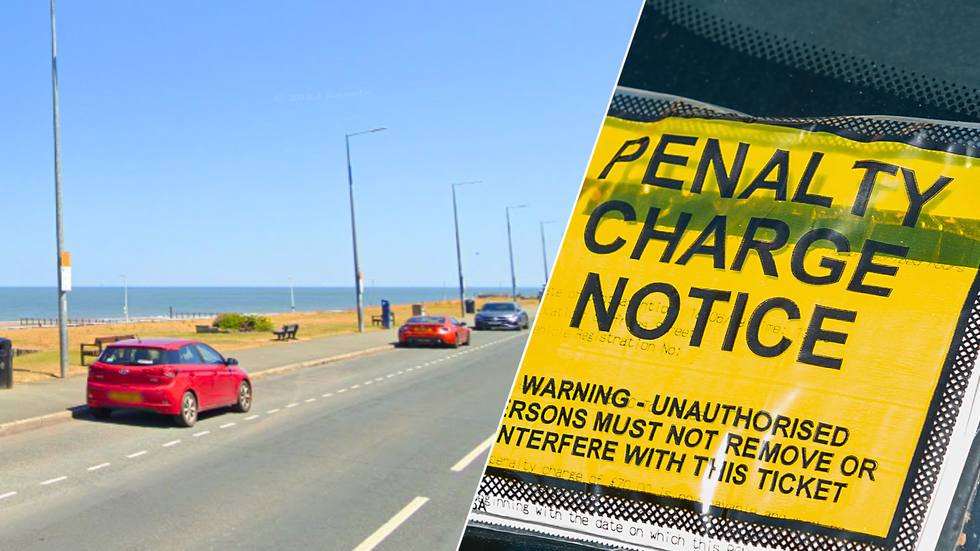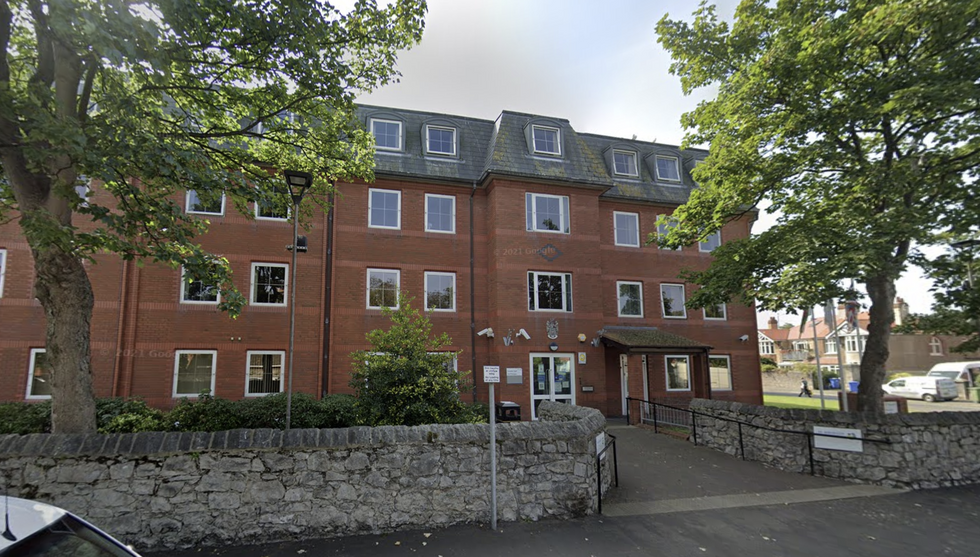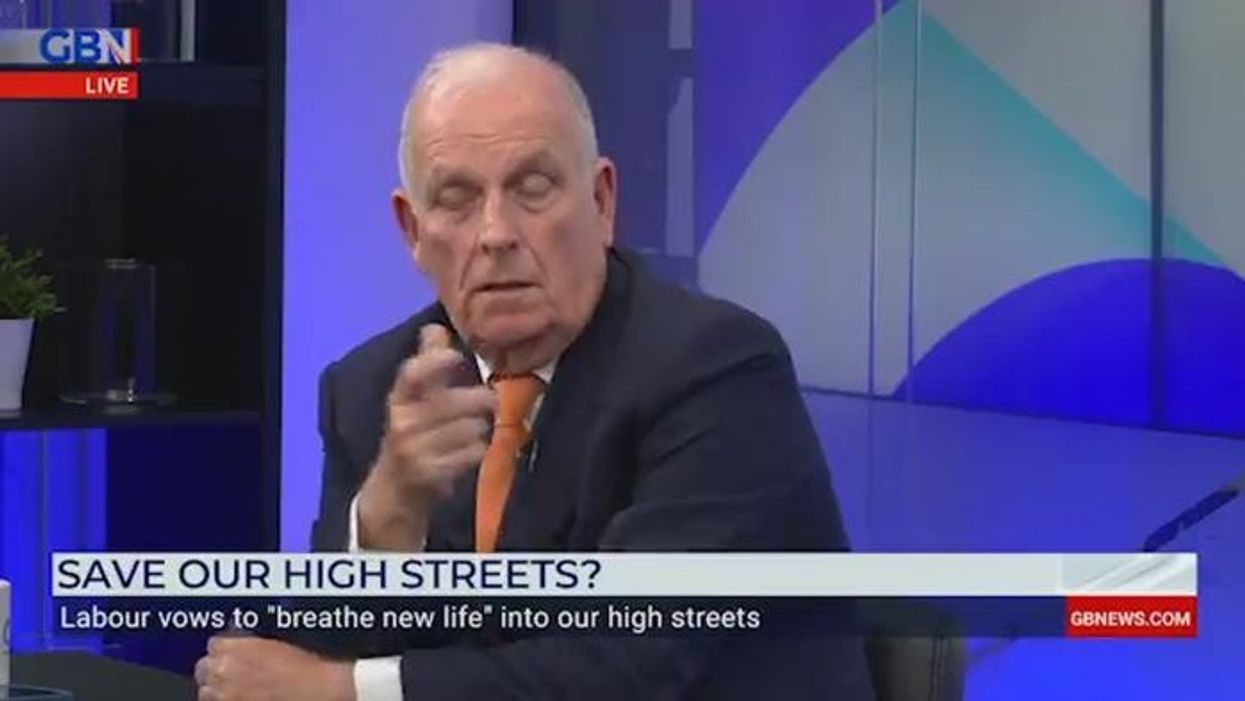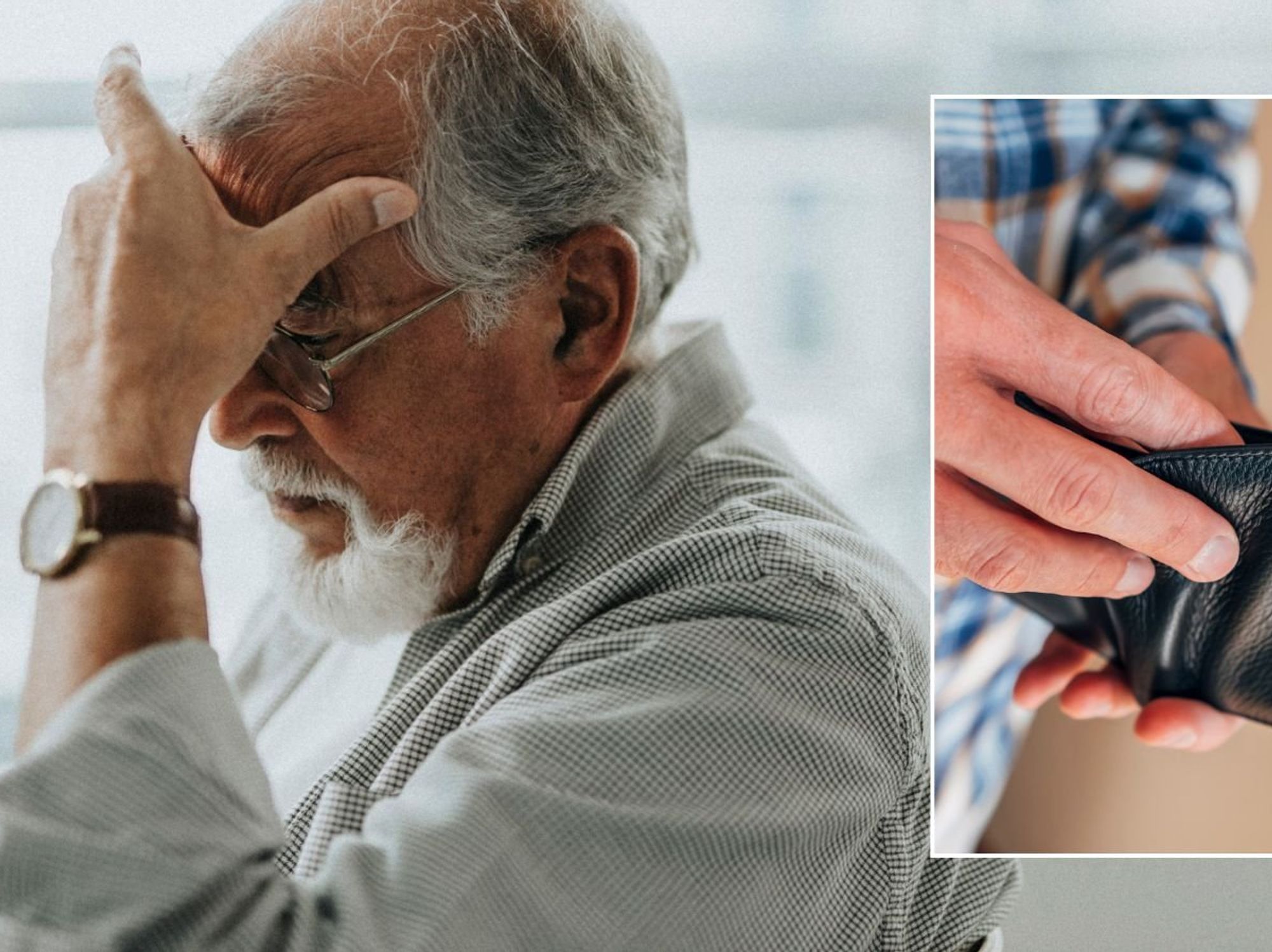Drivers warned of 'sunset tax' that will force them to pay for seaside parking after 5pm

'We live here… why do we have to pay to see the sunset or sunrise in our own town?', one resident fumed
Don't Miss
Most Read
Latest
A council has been blasted as an "utter disgrace" for forcing residents to "pay to see the sunset" after dropping free parking measures after 5pm.
Denbighshire County Council in North Wales - the authority for popular seaside towns like Rhyl and Prestatyn - used to let locals park at no cost in the evenings, but had pulled back the provision earlier this year due to "budgetary pressures".
The council's new measures will now see drivers charged to leave their vehicles until 11pm - a decision the authority said was made to bring its tariffs in line with those of other councils.
In general, the charges are now levied from 8am to 11pm - though in some car parks like those at Rhyl Harbour, charging hours now start as early as 6am.

Residents have blasted the council as an "utter disgrace" for forcing them to "pay to see the sunset"
|Getty/Google
As well as extending chargeable hours, Denbighshire County Council has bumped up its fees - drivers can expect to pay £1.50 for two hours in winter, and £2 in the rest of the year.
While motorists hoping to park up all evening are now charged up to £5 in summer or £3 in winter - when previously it had been free.
Reacting to the new rates, residents took to social media to voice their fury; one woman from Prestatyn said: "If you pay local council tax, it should include free parking passes. We live here… why do we have to pay to see the sunset or sunrise in our own town?"
Another chimed in, adding: "We used to like going down to the beach to sit in our van and watch the sunsets... But with these ridiculous charges, especially for locals, we refuse to pay them, and now have to do without that pleasure.
MORE COUNCIL MADNESS:

As well as extending chargeable hours, Denbighshire County Council has bumped up its fees
|"Utter disgrace that people should be forced to pay just to enjoy a sunset."
One more said: "Many of us locals used to go there after 5pm to walk our dogs, enjoy the evening, unwind and make the most of our area - good for body and soul. Unfortunately, no more."
This isn't the first time that locals have targeted the council's parking charge regime; at Marine Lake in Rhyl, residents used to free parking around the lake called the hike an "exercise tax".
And concerns have also been raised that paid-for evening parking will carry knock-on effects for local businesses, with residents now having to shell out an additional £4-5 to visit seafront attractions.
The charges have pushed some locals to consider buying permits so they can continue visiting local beach spots - though Denbighshire's beach permit doesn't even cover all the county's coastal car parks.
The annual cost of a permit was also hiked up earlier this year - from £65 to £80.
But Denbighshire Council has said parking permits can offer "significant savings" for pay-and-display drivers.
A Denbighshire Council spokesman told GB News: "The council last increased its car park tariffs in 2016, meaning fees have stayed the same for eight years. In that time, the cost of goods and services has increased significantly due to rising inflation. Rising costs due to inflation and the current budgetary pressures the council is facing led to the council to make the decision to increase its car parking tariffs and charging times. Car parking tariffs as well as charging times from across many other North Wales local authorities were considered when setting these new fees.
"It is not unusual for councils to charge for evening use of their car parks, and this is an approach implemented by many other local authorities.
"Parking permits are available for residents, which offer significant savings for motorists who regularly park in our pay and display car parks. For example, a 12-month long stay permit costs £140 which equates to less than £3 a week. Whilst we have had to increase our parking charges, our permits still offer excellent value and are significantly cheaper than those offered in other areas."











